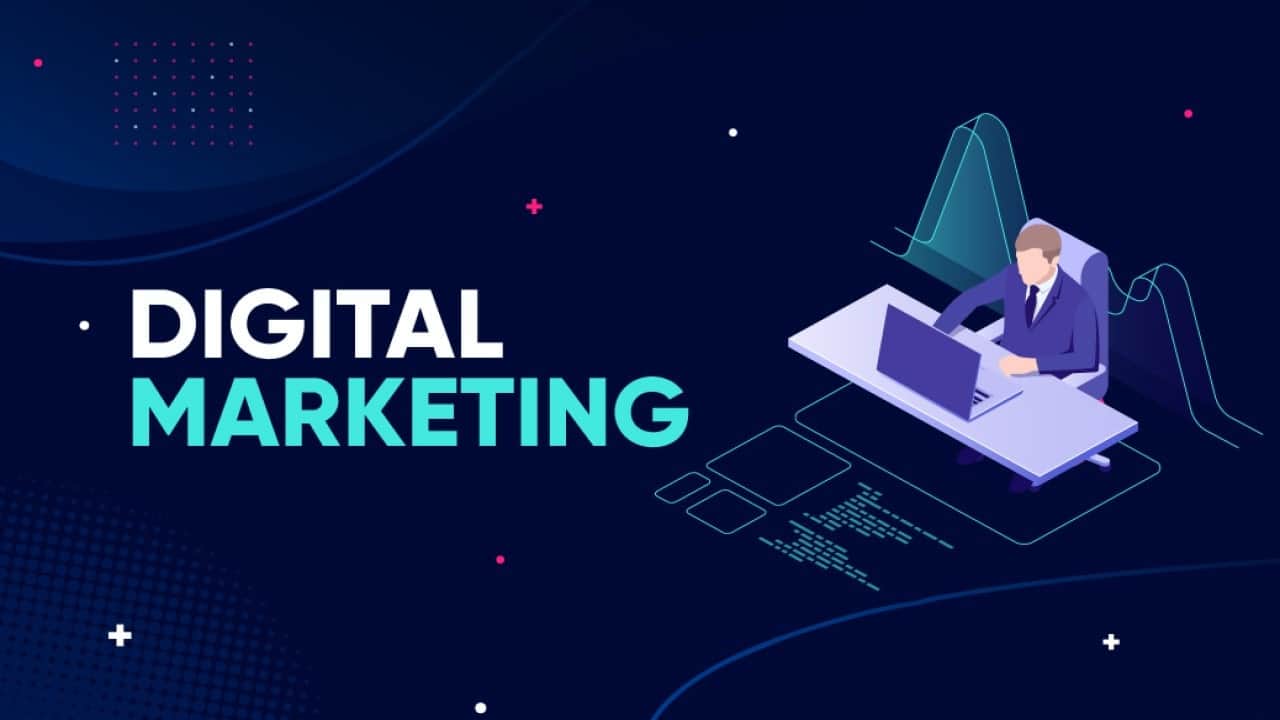 In today's digital age, businesses are increasingly turning to digital marketing strategies to promote their products and services. This shift is driven by the need to reach a wider audience, engage customers more effectively, and reduce marketing costs. In this article, we will discuss how businesses can utilize digital marketing and social media to achieve these goals.
In today's digital age, businesses are increasingly turning to digital marketing strategies to promote their products and services. This shift is driven by the need to reach a wider audience, engage customers more effectively, and reduce marketing costs. In this article, we will discuss how businesses can utilize digital marketing and social media to achieve these goals.Formulating a Digital Marketing Strategy
 In today's digital age, businesses are increasingly turning to digital marketing strategies to promote their products and services. This shift is driven by the need to reach a wider audience, engage customers more effectively, and reduce marketing costs. In this article, we will discuss how businesses can utilize digital marketing and social media to achieve these goals.
In today's digital age, businesses are increasingly turning to digital marketing strategies to promote their products and services. This shift is driven by the need to reach a wider audience, engage customers more effectively, and reduce marketing costs. In this article, we will discuss how businesses can utilize digital marketing and social media to achieve these goals.